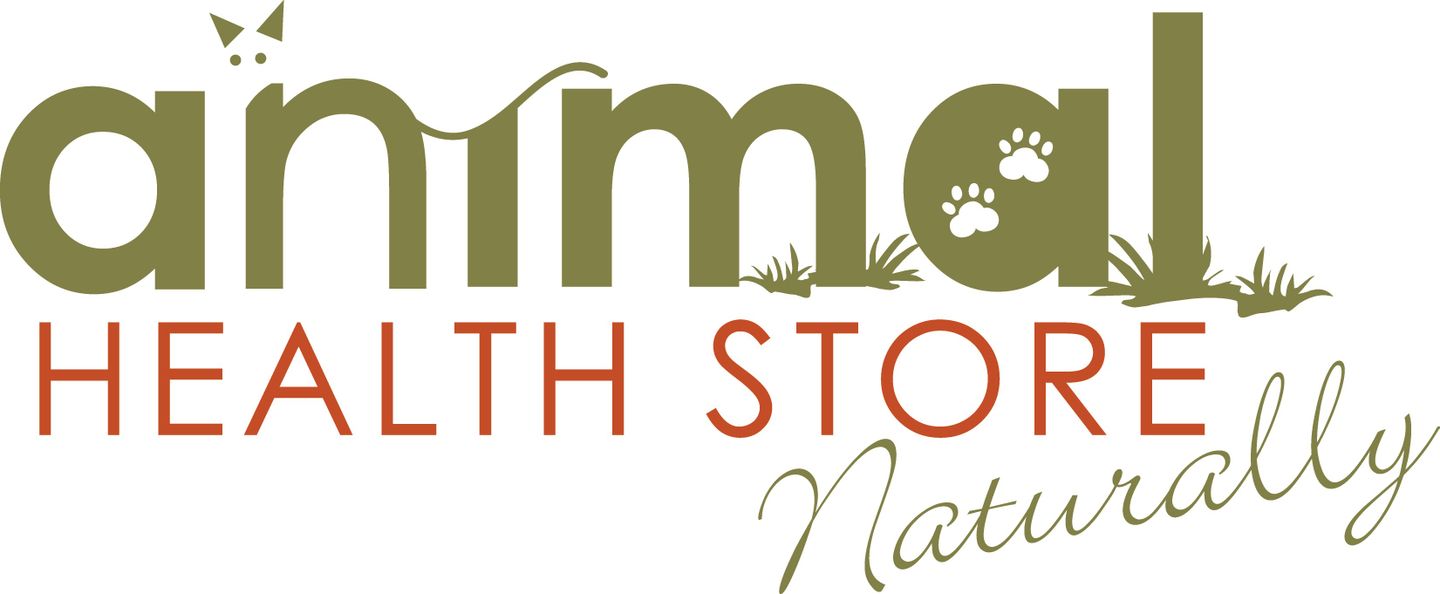Pancreatitis in Pets
Pancreatitis
The pancreas is a gland that secretes both digestive enzymes and important hormones. Pancreatitis is inflammation of the pancreas, which can either be acute (sudden and severe) or chronic (ongoing).
A range of causes
In general terms Pancreatitis is a result of unnatural feeding with highly processed foods containing multiple fillers, grains and chemical residues.
In rare cases, pancreatitis can be caused by:
Trauma or surgery to the pancreas region
Inherited abnormalities of the pancreas
Inherited disorders of metabolism
Viruses
Medications (including some diuretics), which can also trigger inflammation.
The Role of the Pancreas
The pancreas is one of the bodyís biggest glands. It has two roles:
The exocrine pancreas produces alkaline substances to counteract stomach acids before food enters the small intestine and makes enzymes to help break down food into its smaller components. These secretions travel along the pancreatic duct system and enter the intestine. Exocrine refers to glands that secrete their substances through ducts to specific targets.
The endocrine pancreas produces hormones such as insulin, which helps to regulate the amount of sugar circulating in the blood. Problems with insulin production can lead to diabetes. Endocrine refers to glands that secrete their substances into the bloodstream.
Acute pancreatitis
Acute pancreatitis is a sudden, debilitating attack of severe upper abdominal pain. Pancreatic enzymes irritate and burn the pancreas, and leak out into the abdominal cavity. Complications include respiratory, kidney or heart failure, all of which can be fatal. The most common cause of severe acute pancreatitis is blockage of the pancreatic duct by gallstones. This can sometimes occur even if the gallbladder has been previously removed.
Common symptoms of an acute attack include:
Severe abdominal pain, often spreading through into the back
Bloating
Fever
Sweating
Nausea
Vomiting
Runny or frothy stools
Collapse.
The symptoms of acute pancreatitis can sometimes be confused with symptoms of other emergencies such as heart attack, biliary colic (gallbladder stones) or perforation of a gastric or duodenal ulcer. Acute pancreatitis generally causes severe pain and the sufferer will need emergency treatment in a veterinary hospital.
Chronic pancreatitis
Chronic pancreatitis is characterised by recurring bouts of pancreatic inflammation, often even when known triggers are eliminated.
Over time, the pancreas may be damaged, or parts of it destroyed, by the relentless inflammation.
This leads to digestive upsets. The animal may pass fatty, foul-smelling stools (poo) or even drops of oil. The damage to the pancreas is typically permanent.
Some animals with chronic pancreatitis suffer recurrent or even constant abdominal pain, which may be severe.
Other symptoms may include steady weight loss, caused by the body's inability to properly digest and absorb food. If much of the pancreas has been damaged, loss of insulin production can cause diabetes.
Chronic pancreatitis can contribute to the development of pancreatic cancer.
Natural Treatment
Natural Treatment of pancreatitis is complicated by the need to make changes slowly. If your animal has already suffered an episode of Pancreatitis, work with your holistic Vet to make slow, positive changes to the diet.
It is generally recommended to introduce raw foods, avoiding fatty foods, and vegetable oils, which can be stressful on the pancreas. For the same reasons, avoid fruits and grains. Conversely fresh pressed or pureed vegetables can be beneficial.
The feeding of digestive enzymes and supplementing with Vitamin C, Vitamin E and trace elements that are from whole food sources is also thought to benefit absorption of nutrients.
To aid the absorption of nutrients it is better to feed smaller meals more frequently and feed meals at room temperature.
St Maryís Thistle seed, burdock and red clover, may be beneficial for the liver; Dandelion and Licorice Root supports bile production and glandular functions and Olive leaf extracts acts as an anti inflammatory.
Homeopathy
George Macleod recommended 14 remedies. If your wish to use homeopathy we would recommend working with an experienced homeopath.
Pancreatitis is a serious condition which can be painful and fatal if not appropriately managed. Always consult with your vet before making changes to the diet or treatment of your animal.
You should always consult with your vet regarding any serious medical condition and ensure that your vet is aware of any herbs or natural supplements that your animal is presently taking. Information provided here is for educational purposes only and does not constitute medical advice.


